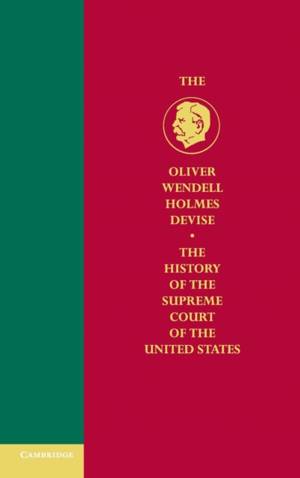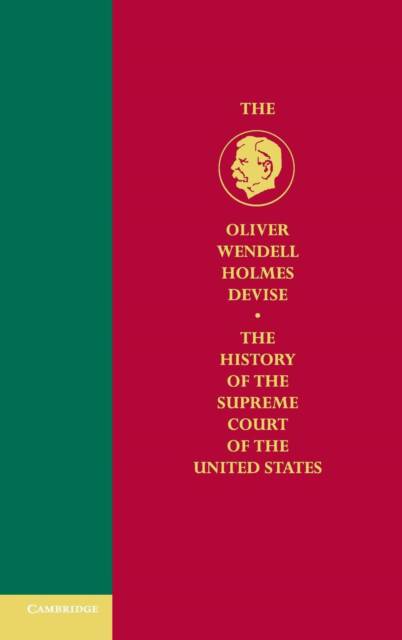
- Afhalen na 1 uur in een winkel met voorraad
- Gratis thuislevering in België vanaf € 30
- Ruim aanbod met 7 miljoen producten
- Afhalen na 1 uur in een winkel met voorraad
- Gratis thuislevering in België vanaf € 30
- Ruim aanbod met 7 miljoen producten
Zoeken
Omschrijving
With this seventh volume of the Oliver Wendell Holmes Devise History of the Supreme Court of the United States, Charles Fairman completes his study of the Supreme Court in the post-Civil War period of 1864-88. In the previous volume, Fairman covered the Chief Justiceship of Salmon P. Chase; the present volume deals with the tenure of Morrison R. Waite, President Grant's fifth choice for the office. Fairman explores the significance of the Court's tentative first steps on the unending road of decisions designed to clarify and resolve some of the most persistent issues of American public law, and of a national common market. Fairman identifies the reconciliation between North and South as the most pressing issue during the Reconstruction. Accordingly, the Court was forced to mediate between the new liberties proclaimed by the post-Civil War amendments and enforcement measures and the structure of the federal system bequeathed to it by the Founders of the Republic.
Specificaties
Betrokkenen
- Auteur(s):
- Uitgeverij:
Inhoud
- Aantal bladzijden:
- 858
- Taal:
- Engels
- Reeks:
Eigenschappen
- Productcode (EAN):
- 9780521769181
- Verschijningsdatum:
- 23/11/2009
- Uitvoering:
- Hardcover
- Formaat:
- Genaaid
- Afmetingen:
- 165 mm x 234 mm
- Gewicht:
- 1378 g

Alleen bij Standaard Boekhandel
+ 441 punten op je klantenkaart van Standaard Boekhandel
Beoordelingen
We publiceren alleen reviews die voldoen aan de voorwaarden voor reviews. Bekijk onze voorwaarden voor reviews.










